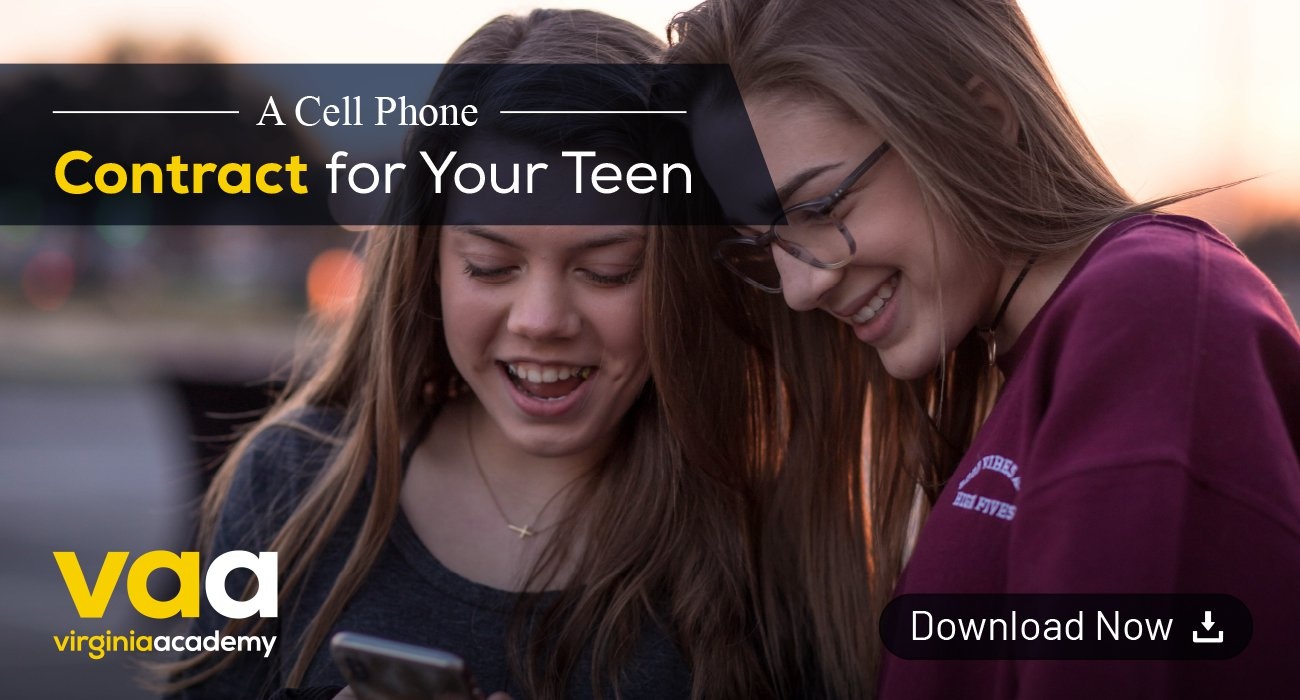Did you know that your child’s class size can affect nearly every aspect of their education? Research shows that smaller classes can enhance academic performance across the board for some students.
Middle school can be rough. Students in middle school are suddenly immersed in the perfect storm of adolescence, social challenges, and sometimes unsettling emotional swings. Add to that a higher level of academic pressure than most students have experienced before, and you have a recipe for a few very challenging years.
Most parents are willing to try almost anything to help ease their child’s transition through such a physically and emotionally taxing season, particularly at school. Would it surprise you to learn that the size of your child’s class can make a difference in their overall success at school? Class size can influence your child’s academic performance, enhance student engagement, and even boost teacher satisfaction.
Class Size Can Affect Academic Performance
“Overall, research shows that students in smaller classes perform better in all subjects and on all assessments when compared to their peers in larger classes.” –National Council of Teachers of English.
Smaller class sizes allow for more one-on-one interaction between student and teacher, and easier interaction among classmates. If a student needs extra help or attention, they can get it easily in a small class. And if your student has unique academic needs, a smaller class will almost certainly boost their performance at school. Studies have shown that for minority and at-risk students, as well as those who struggle with English literacy, smaller classes enhance academic performance across the board. (Blatchford et al., 2002; Horning, 2007).
Smaller Classes Enhance Student Engagement
In a smaller class, students are much more likely to have meaningful interaction with their teachers and their fellow classmates. The larger the class, the easier it is for students to “fade into the background” and only participate passively.
Particularly in the age of smartphones, iPads, and other distracting devices, a smaller class can gently encourage students to put away the screens and pay attention. Research has shown that students display less disruptive behavior in smaller classes, which allows teachers to spend less time on discipline and more time on instruction and relationship-building. (Bedard & Kuhn, 2006; Dee & West, 2011; Fleming, Toutant, & Raptis, 2002).
Smaller Classes = Happier Teachers
“Teacher quality has, for some time, been recognized as the most important variable in the academic success of students.” –National Council of Teachers of English. Retaining excellent educators has become a top priority, particularly since test scores and student performance has become mandated on the district level. When teachers are saddled with very large classes, they are statistically more likely to seek positions elsewhere. Schools that offer small class sizes help hold on to the very finest educators for the long term, enhancing student success school-wide.
Virginia Academy is proud to offer smaller class sizes to our students at every level. Ready to learn more? Start here.



